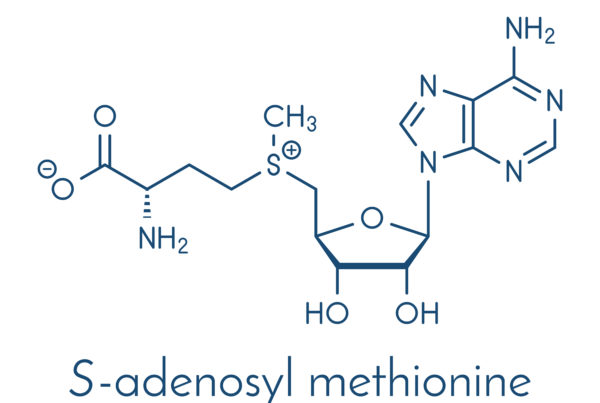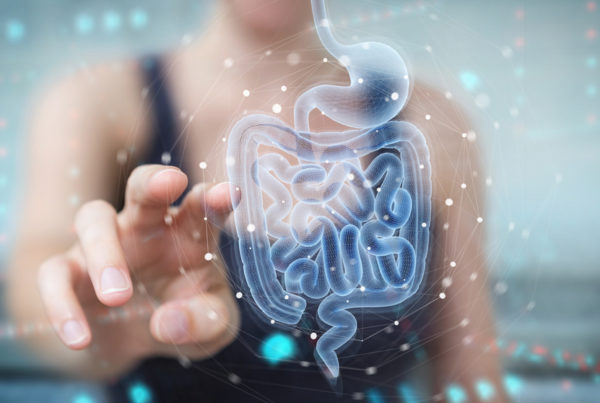When we address biochemical processes such as methylation we should think more than just supplements. Food after all is our medicine and should be considered just as important, if not more so than supplements, when it comes to optimizing your methylation status and future health.
WHAT IS METHYLATION?
The biochemical explanation is that it is the cycle of one-carbon metabolism that occurs in every cell in the body where a methyl-group (from folate metabolism) is added to a substrate that then initiates a response needed in all kinds of cellular functions.
It changes the expression of the DNA inside the cells and determines how well or not well they function.
Methylation can be divided into two sections:
METABOLIC METHYLATION
This involves epigenetic expression in methylation reactions involved in the function of many organ systems such as:
- COMT (Catechol-O-methyltransferase) involved in estrogen and stress hormone metabolism or clearance,
- PEMT (Phosphatidylethanolamine N-Methyltransferase) involved in phosphatidylcholine synthesis needed for cell membranes and bile production,
- HNMT (Histamine N-Methyltransferase) involved in endogenous histamine clearance, ie allergies, sinusitis, etc…
…and many other methyltransferase genes.
But also in the production of glutathione which is our universal antioxidant and detoxifier that we make inside every cell in our body.
EPIGENETIC METHYLATION
Genetic methylation is a highly regulated mechanism that aims to keep epigenetic markers very stable, even though they can change at any time in response to dietary and lifestyle factors.
But we are talking about the methylation of the CpG islands on DNA via the DNMT (DNA methyltransferase) enzyme (another methyltransferase enzyme as explained above).
When these CpG islands are methylated they essentially switch the gene off. This becomes very important when considering ‘disease’ related genes such as diabetes genes, cancer genes, auto-immune genes, obesity genes, etc.
We want these genes switched off! And so, we would want them to be methylated.
And for that we need methylation nutrients that can be found in food:
METHYLATION FOODS
According to Dr. Kara Fitzgerald ND the following qualify as our Methylation Superfoods:
- Beets – contain betaine of about 129 mg/100g
- Spinach – potassium, folate, betaine 550 mg/100g (Caution here due to oxalate status. A few leaves is OK. Spinach green smoothies is not OK.)
- Sprouts – more than 3 times increased nutrient concentration including folate
- Sea vegetables – zinc, magnesium, folate
- Daikon radish – magnesium, potassium, B2, B6, folate, methylation adaptogens
- Shiitake n- zinc, potassium, B2, B3, B6, folate, methylation adaptogens
- Salmon (wild, not farmed)
- Fish roe
- Oysters
- Eggs
- Pumpkin seeds
- Sesame seeds
- Sunflower seeds
- Liver (also very rich in nucleotides for gut healing)
We have to remember that diet is a major modulator of epigenetics and along with all the other environmental and lifestyle factors makes up 90% of genetic expression whereas genetic polymorphisms only account for about 10%.
Phytonutrients especially are very important in modulating epigenetic methylation activity which can be found in all your plant based foods such as fruits, vegetables, nuts and seeds.





